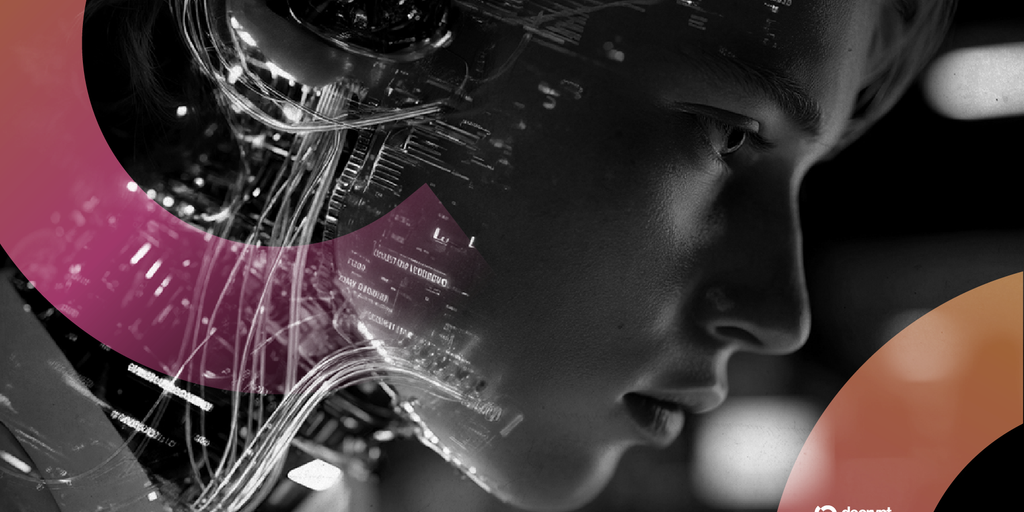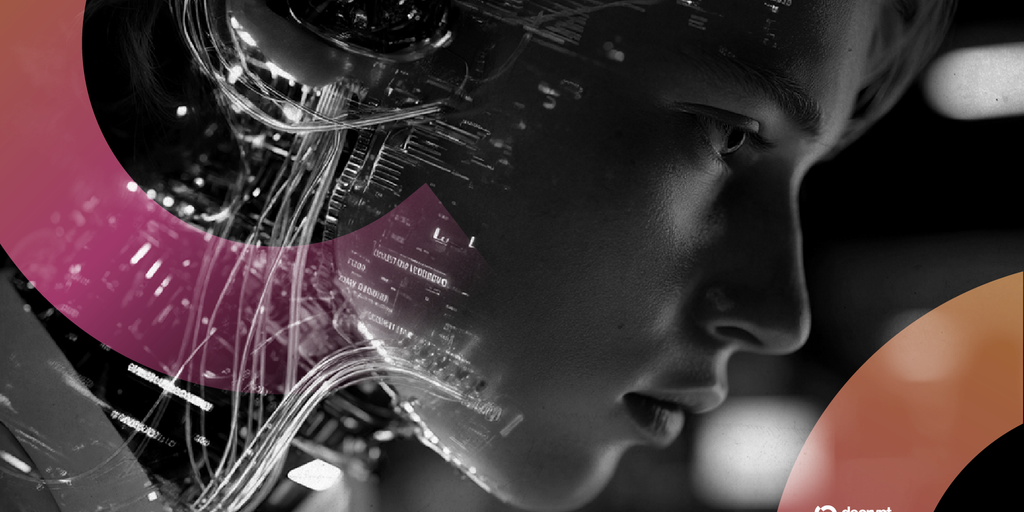Cryptocurrency Prices by Coinlib

Why Elon Musk, Sam Altman and Different Billionaires Are Betting On Mind-Laptop Interfaces – Decrypt

In short
Elon Musk’s Neuralink and the Sam Altman-backed Merge Labs are driving a brand new wave of billionaire-backed brain-computer interface ventures.
Present BCI progress stays medical, with solely 5 Neuralink sufferers implanted as of September 2025.
Specialists warn BCIs are removed from “thought studying,” and billionaire ambitions danger overshadowing actual therapeutic potential.
Elon Musk already has rockets, vehicles, AI, and humanoid robots. Musk’s rival Sam Altman runs OpenAI, the corporate behind the main AI chatbot, ChatGPT. Now, each males and different billionaires desire a piece of the human mind.Their newest bets on brain-computer interfaces, or BCIs, reveal much less about at present’s medical breakthroughs and extra a few looming contest over who owns the neural on-ramp to digital life. As founders and consultants within the house informed Decrypt, billionaire consideration “elevates the entire business” even because it distorts priorities.For billionaires, brain-computer interfaces usually are not simply medical units—they characterize the following potential platform shift, a method to management the gateway between human thought and digital methods.Proudly owning that interface may imply proudly owning the way forward for computing. That's the reason a few of the strongest individuals on the planet are pouring cash into BCIs: They see them as a hedge towards synthetic intelligence, a brand new management level within the tech stack, and maybe the final word frontier for revenue and affect.Musk and Altman make movesMusk based Neuralink in 2016 with the purpose of merging with machines, which he claimed could be the solely method to preserve tempo with synthetic intelligence. The corporate just lately raised a $650 million Collection E, putting it among the many best-funded gamers within the area. Neuralink’s first affected person, Noland Arbaugh, has proven he can management a cursor and browse the web by thought alone.The outcomes have been blended, however to date, 5 sufferers have now been implanted, with trials increasing to speech impairment and imaginative and prescient restoration. Musk retains framing BCIs as not simply medical units, however a safeguard for humanity in an AI-dominated future.In the meantime, Altman has surfaced as a co-founder of Merge Labs, a brand new enterprise aiming to boost round $250 million at a valuation that would attain $850 million. Early studies recommend Merge could pursue non-invasive interfaces, a unique path than Neuralink’s mind implants.For Altman, who already instructions some of the highly effective AI corporations, the transfer alerts that the following battle isn't solely about who builds the neatest fashions however who controls the pipeline that connects them to people.Different main betsThe circle extends past Musk and Altman. Distinguished biohacker Bryan Johnson, who made his fortune in funds, poured $100 million into Kernel in 2016. Kernel develops neurotech platforms for measuring mind exercise, positioning itself as an infrastructure play fairly than a flashy implant firm.Neuralink’s traders additionally embrace Peter Thiel’s Founders Fund, proof that Silicon Valley’s enterprise elite is making ready for the chance that brain-computer hyperlinks turn into the following foundational layer of computing.“For me, their involvement is an effective signal,” Tetiana Aleksandrova, CEO and co-founder of neurotechnology startup Subsense, informed Decrypt. “When billionaires step into BCI, they bring about visibility and capital that elevate the entire business. Abruptly, extra funds are planning to allocate sources to neurotechnology, extra corporations are based, and extra engineers uncover that that is an thrilling house price dedicating their careers to.”However Aleksandrova cautioned that billionaire involvement cuts each methods.“Their funding can speed up progress at a tempo public funding hardly ever permits,” she defined. “On the identical time, the stress to ship at startup pace can result in unrealistic guarantees that put belief in danger. And in science, belief is simply as crucial as capital.”Andreas Melhede, co-founder of neuroscience DAO Elata Bioscience, informed Decrypt that whereas billionaire involvement accelerates curiosity and funding, it additionally narrows the agenda.“The priorities are inclined to replicate the imaginative and prescient of a single particular person or a gatekept company agenda, fairly than the broader scientific group,” he mentioned. “Which means analysis usually skews towards ‘moonshot' initiatives designed to seize consideration, fairly than important collaborative advances that really transfer the sector ahead.”Melhede agreed that billionaire rhetoric can each be good for and do hurt to the business, risking overshadowing essential however much less glamorous work. The larger danger, he mentioned, is centralization of energy over one thing as essential as human brains.“If one firm owns the infrastructure, code, and knowledge, they personal the keys to a person’s ideas and intentions,” he mentioned. “This discourages transparency [and] slows impartial validation and scientific progress. Entry to BCI expertise—and cognitive autonomy—is topic to the enterprise selections of a handful of high-profile figures. That's an excessive amount of danger in too few arms.”Hypothesis vs. realityThat pressure defines the sector. The billionaire pitch is sweeping—management the neural interface, management the long run. However the current actuality is narrower: coarse alerts, fragile {hardware}, and methods that can't “learn ideas” in the best way public rhetoric typically suggests.Nonetheless, such a breakthrough may happen “conceivably some day,” Gary Marcus, a cognitive scientist and professor emeritus of psychology and neural science at New York College, informed Decrypt. “For now, we simply don’t perceive the neural code effectively sufficient. In fact, there are already interventions that make sense for people who find themselves paralyzed and with few different choices.”Corporations like Synchron and Inbrain proceed pilot trials, with Inbrain’s graphene-based BCI platform receiving FDA Breakthrough Machine designation. However these stay early-stage efforts, removed from mass-market enhancement.The stakesThe query is much less whether or not brain-computer interfaces will work at scale, and extra whose imaginative and prescient defines them. Musk frames BCIs as an existential safeguard. Altman positions them as strategic management factors. Johnson and Thiel deal with them as infrastructure bets.For sufferers, the expertise is about restoring misplaced skills. For billionaires, it's about shaping the following human-machine platform—one the place whoever owns the gateway could in the future set the principles for a way thought itself turns into knowledge.Typically Clever NewsletterA weekly AI journey narrated by Gen, a generative AI mannequin.
